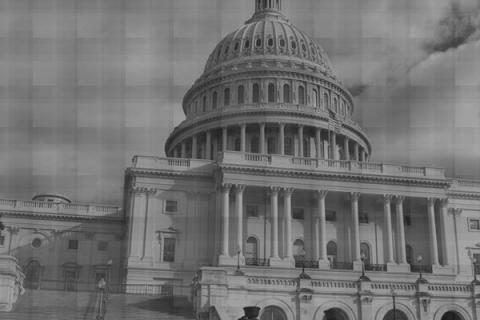It's right there in black and white, in a proclamation issued late last week from the governor of the great state of California:
"If you get sick with flu, it is recommended that you stay home from work or school and limit contact with others to keep from infecting them. ..." the proclamation read.
So now that it's all official and Republican-endorsed, Fiona Ma's Assembly Bill 1000, which guarantees one hour of paid sick leave for every 30 hours worked, should have no problem passing this year, right?
Don't count on it.
A similar bill died last year amid widespread opposition from businesses and rumors that Gov. Arnold Schwarzenegger would veto it if it made it that far. Turns out, he didn't have to worry about writer's cramp from that one - the Senate killed the bill for him.
The reasons for the opposition were all the standards businesses cite when they're threatened with any new or expanded benefit: The cost would force owners to cut jobs or flee the state in fear. Workers would abuse sick leave. Implementing it would mean billions in lost sales.
Other studies, though, estimate that paid sick leave would cost companies far less than policies that force workers to show up sick, thus sharing their crud with colleagues as they toil at no where near peak capacity.
A 2002 study by AdvancePCS, one of the nation's leading health improvement companies, found that workers who are sick at work cost American companies $180 million a year.
And that figure looks at just the top five ailments: headache/pain, cold/flu, fatigue/depression, digestive problems and arthritis. Overall, the average American worker loses 115 productive hours a year while sick on the job.
It's called "presenteeism," and most people have done it at some point in their careers. It's when you're there, but not really there.
Sometimes it happens because American business culture demands that you show up and spew germs all over colleagues so people will believe you're really sick. Sometimes it happens because of lack of sick leave. Sometimes it happens because family illness has exhausted sick leave.
Or sometimes, it happens because fear of being fired or financial insecurity means you'd call in dead before you'd call in sick.
That latter is more often the case with low-income workers, who are less likely to have any sick leave at all, paid or otherwise.
What's a worker to do in the current climate, when everyone from the president on down has urged people to stay home when they're sick?
What's a parent to do if he lives in one of the five California counties where schools have closed due to swine flu, leaving the family without child care?
"If your kid has a flu-like illness do not send them back to school until the flu-like illness has ended," Los Angeles County Health Director Jonathan E. Fielding told The Associated Press.
And how does a parent do that without sick leave?
It makes it kind of sad for the germ-phobic that Ma's bill didn't pass last year.
Don't count on it passing this year either. It's currently caught in the committee shuffle, clearing one panel, then another only to land in a third.
Today's economic climate does make the bill a harder sell. On the other hand, today's virus climate should make it easier.
Especially now that the governor has put it out there: If you're sick, stay home.
